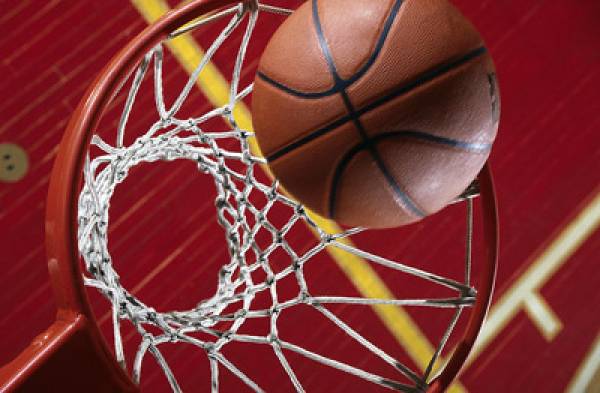NCAA bans championships in betting states

(Associated Press) - The NCAA approved a policy Thursday that would ban states, such as Delaware, from hosting championship events if they allow fans to bet on single games.
Chancellors and presidents from all three NCAA divisions approved the measure, saying it applies to "any session of an NCAA championship," though it does not apply to states that allow parlay betting, lottery tickets, pull tabs and sports pools.
The move came one day after a federal judge denied a request by professional sports leagues and the NCAA to halt Delaware's planned sports betting lottery until a legal challenge is resolved.
Congress banned sports betting in 1992 while grandfathering four states - Delaware, Nevada, Montana and Oregon - that had already offered it. The lawsuit filed by the four major pro sports leagues and the NCAA argues that Delaware's plan to allow single-game betting would violate the legislation because Delaware has never offered single-game betting before.
The NCAA's executive committee made the announcement late Thursday afternoon in a five-paragraph statement. Messages and e-mails were left with several NCAA officials by The Associated Press.
In Delaware, government officials were upset. Tom McGonigle, chief of staff for Delaware Gov. Jack Markell, issued a statement late Thursday.
"Not having gotten its way in court yesterday, it is disappointing that the NCAA would take this retaliatory action," McGonigle said. "Importantly, Delaware law prohibits any type of sports betting on any Delaware college game. So as applied to Delaware, this new policy only serves to punish the very students the NCAA claims to be trying to protect."
In Montana, home of Football Championship Subdivision powerhouse Grizzlies, some feared the school would be barred from hosting postseason games.
"I applaud the NCAA for coming to a commonsense conclusion that preserves Montana's right to host playoff and tournament games," Montana Attorney General Steve Bullock said in a statement. "As a state, Montana wholeheartedly supports its student athletes. Along with the NCAA, we remain committed to protecting the integrity of collegiate sports."
This is not the first time the NCAA has used its championships to send a message.
In 2001, the governing body prohibited South Carolina and Mississippi from hosting postseason games because those states had Confederate images on the statehouse grounds.
Officially, the NCAA opposes all forms of sports wagering that threaten the integrity of its games or jeopardizes the welfare of student-athletes and the athletic community.
NCAA rules also ban advertising from organizations that promote gambling.
Some believe college athletes are more susceptible to gamblers because they are prohibited from getting paid for playing.
A study completed in 2003 showed 17 of 388 basketball players and 102 of 2,000 football players who were surveyed admitted they had taken money to play poorly, knew a teammate who took money to play poorly, had been threatened or harmed because of sports wagering, were contacted by an outside source to share inside information or provided inside information about a game. The study included all three NCAA divisions.
There have been several high-profile college scandals, including the famous 1950 point-shaving scandal that involved NCAA men's basketball champion City College of New York. In May, seven former football and men's basketball players at the University of Toledo were charged in alleged point-shaving scheme.
Michael Marot, Associated Press Writer Amy Beth Hanson in Helena, Mont., contributed to this report.













